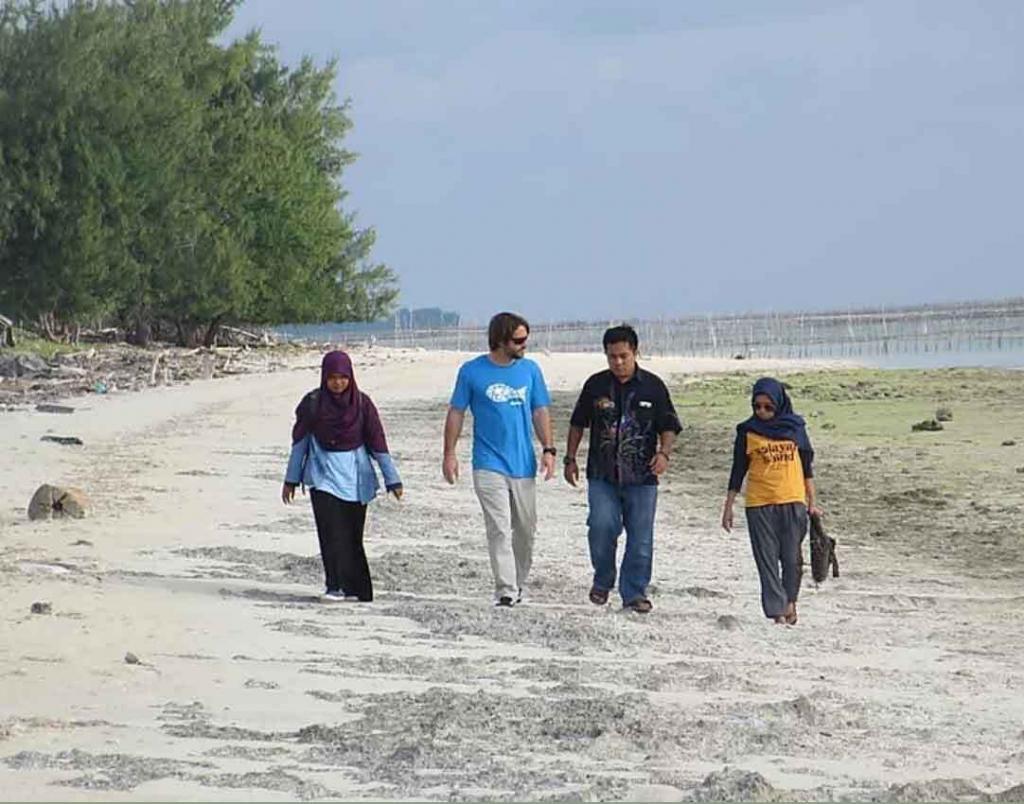Do you like the IASC's efforts to support the global exchange of commons scholarship and practice? Please help us by becoming an individual or organizational member of the IASC today!
Do you like the IASC's efforts to support the global exchange of commons scholarship and practice? Please help us by becoming an individual or organizational member of the IASC today!
Time information:
12:00 noon, UTC +10
12:00 local time (Brisbane, Australia)
9:00 AM (Jakarta, Indonesia)
10:00 PM moderator time
Use this link to calculate your own local time if needed
To join the webinar by computer:
To join webinar by phone:
US: +1 669 900 6833 or +1 646 876 9923
International numbers available here
Webinar ID: 293 250 363
Practice and research to foster community-based environmental management and co-management regularly encounter obstacles in ‘vertical’ linkages, whereby promising community initiatives are thwarted by conflicting government regulations and policies, or government policies lack traction in communities. There are further challenges in ‘horizontal’ linkages – across the many ‘silos’ within governments, and potentially across communities handling their local management differently. In Indonesia, fishers comprise a quarter of the nation’s poor, and 80 percent of Indonesia’s fishing households earn incomes below the poverty line. Meanwhile, 74 percent of eastern Indonesia’s coral reefs are damaged, owing to over-exploitation, the rapid recent spread of destructive fishing practices using dynamite and cyanide, alongside pollution and environmental change. This presentation outlines highlights from a participatory diagnosis approach with the fishing communities, district and provincial governments and NGOs of Selayar, Eastern Indonesia, to build a shared understanding of the set of problems and identify opportunities to address them. Key areas for seeking alignment lie in community and government policies, community and scientific knowledge, and
understanding conflicts.
Bios:
Presenter Prof. Helen Ross is an interdisciplinary social scientist, focused on social-ecological systems, community development, community resilience, and co-management. Her work also incorporates values and mental models. In this project, three social scientists, Ross, co-leader Dedi Adhuri, a marine anthropologist, and sociologist colleague Ali Abdurrahim, worked with three local collaborators, a district government community developer (Andi Penrang), and two community members, Andi Ismainna and Andi Rismayani.
Go to http://ccres.net/resources/ccres-tool/fishcollab, to download related reports:
FishCollab: a toolkit to support community and government collaboration in coastal management, and
Social influence for protecting coral reefs: champions and their strategies from Selayar, Indonesia.
Learn more about the parent project: the Capturing Coral Reef & Related Ecosystem Services (CCRES) project.

